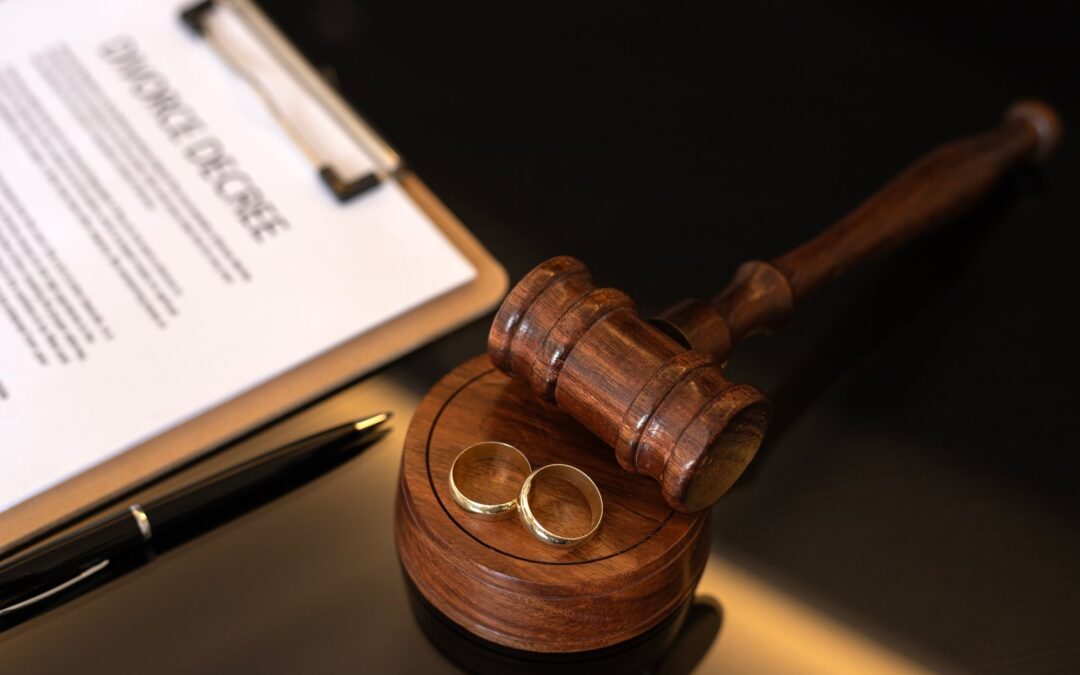Conflicts over marital assets and finances are a major reason why getting a divorce can take so long and be very expensive. Those disagreements sometimes begin with producing financial records. Both spouses are required to share their financial information as part of the discovery process. However, one or both parties may withhold records, leading the other side to take action to enforce his or her rights. While there is always the option to go to court, generally, that is neither the cheapest nor best way to resolve disputes over disclosing financial records.
Options for Resolving Disputes Over Discovery
As discussed in prior blog posts, you have a right to obtain relevant financial records and if your spouse refuses, you can get a subpoena even if the information is located in another state. That subpoena can be enforced in court if the subpoenaed party doesn’t comply.
If you are the one who believes your spouse is not entitled to certain records, you may challenge the subpoena by filing a motion to quash it or seek a protective order to limit access to some of the information in the documents.
While you may have the right to go to court to enforce your rights, litigation has both significant costs and its own challenges that you should understand.
Requirements for Litigating a Discovery Dispute
New York courts discourage parties from litigating disagreements over discovery in divorce cases. They prefer that parties work out the issue on their own, with or without the assistance of attorneys, so court time is spent on resolving issues relevant to finalizing the divorce. As a result, there is an extra burden when a party files a motion with a New York court regarding discovery. In addition to filing papers in support of the motion, the attorney must file a separate affirmation of good faith.
The affirmation must state the time, place and nature of consultations that occurred between the parties and detail the issues discussed and the resolution of those issues. If no such consultations occurred, then the affirmation must provide good cause why they did not occur.
Avoiding Litigation Over Discovery
Sometimes litigation is unavoidable. However, you should attempt to settle if at all possible. A good practice is to draft the motion to compel disclosure and the attorney affirmation and give it to the opposing side before filing it with the court. Showing that you are ready to go to the judge may encourage another attempt at resolving the issues because litigation is expensive and time-consuming. Moreover, the other side may relent because they know they may very well lose any fight they put up.
Discovery is an important part of the divorce process, so it is important to work with an experienced attorney to help ensure you obtain all the necessary information to negotiate or litigate a fair result in your case. If you are considering divorce, contact us for assistance with your matter.

